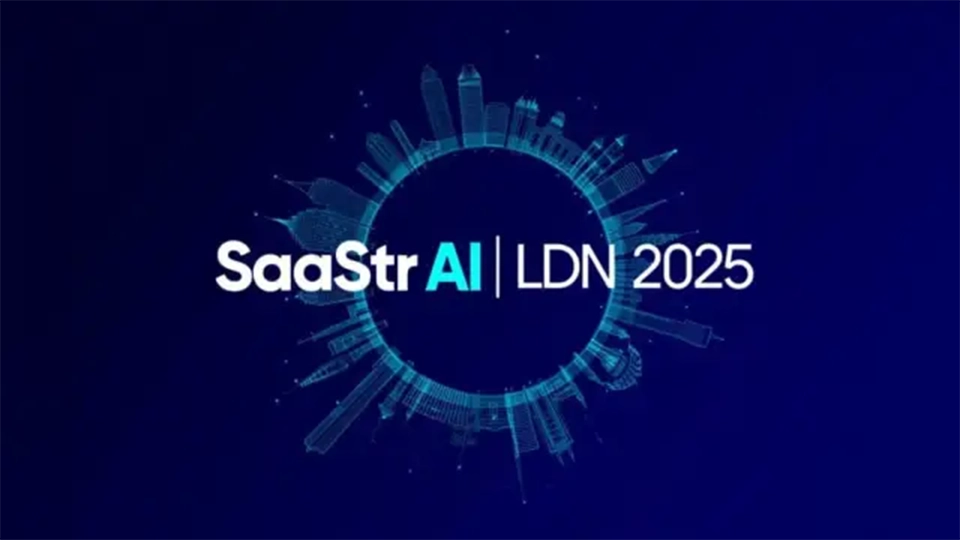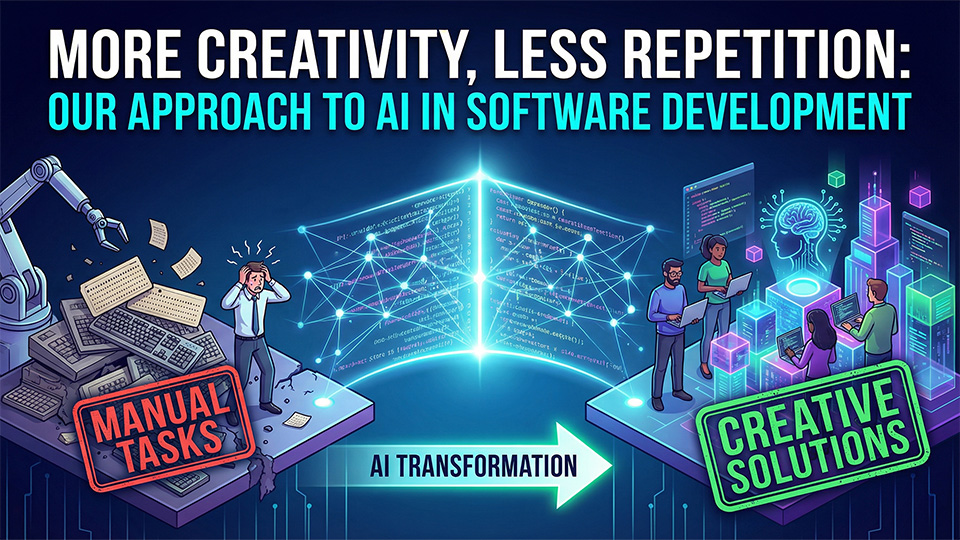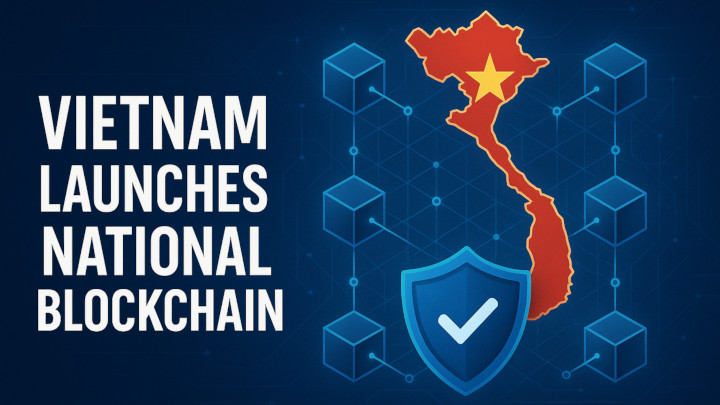November 7, 2024
Unveiling ChatGPT Search: The Future of AI-Powered Search
OpenAI is challenging Google with the announcement of its newest function: ChatGPT Search. This innovative tool marks a significant leap forward in AI capabilities, integrating real-time search into conversational AI and fundamentally altering how users interact with information.

In this article, Dirox will explore ChatGPT Search’s features, user experience, implications for content creators, and potential future influence on the broader landscape of search technology.
Overview of ChatGPT Search
Launch Announcement
On October 31, 2024, OpenAI launched ChatGPT Search, marking a significant milestone in AI's application to information retrieval. This feature not only enhances how users find information but represents OpenAI’s vision for the future of conversational AI. The integration of real-time search into an AI-powered assistant allows users to gain insights, stay updated, and access a wealth of information without switching between different tools.
Purpose and Functionality: A User-Centric Approach
On the query side, ChatGPT Search redefines the conventional search concept by enabling users to conduct searches through natural language conversations. This departure from traditional search engines, which primarily rely on keyword-based queries and link-based results, offers a more intuitive and user-centric experience.
On the result side, ChatGPT Search is designed to provide direct, comprehensive answers to user queries, eliminating the need to sift through multiple web pages. This focus on delivering actionable information directly to the user significantly enhances efficiency and user satisfaction.
Key Features and Advancements
ChatGPT Search boasts several groundbreaking features that enhance the search experience.
Enhanced Search Capabilities
Unlike manual searches requiring specific keywords, ChatGPT Search can anticipate user needs based on the conversational context. Users can either actively prompt the AI to perform a search or let it predict needs based on the conversation flow.
This is facilitated by advancements in Natural Language Processing (NLP), allowing ChatGPT to understand the nuances of user queries and deliver more relevant results.
Access to Real-Time Information
OpenAI has partnered with reputable news organizations, including the Associated Press and Reuters, to provide accurate, up-to-date information on topics like news, weather, sports, and stock updates.
This real-time data access ensures that users receive reliable, timely information across a wide range of subjects.

Source Attribution and Reliability
Committed to transparency, ChatGPT Search incorporates a "Sources" button that provides users with direct links to the original content, empowering them to verify information and explore in more detail. This fosters trust in the information delivered and upholds the integrity of high-quality journalism.

User Accessibility and Rollout Strategy
Currently, ChatGPT Search is available to ChatGPT Plus, Team users, and those on the waitlist, with plans for expansion to Enterprise, Education, and Free tiers.
OpenAI has expressed a commitment to increasing accessibility and is likely to broaden availability as the technology matures.
User Experience and Interface Design
Interface Overview
The ChatGPT Search interface is crafted to be user-friendly, with an emphasis on clear navigation and visually intuitive layouts.
Interactive elements, such as in-chat videos that users can watch directly on ChatGPT Search, further enhance engagement and streamline the user journey.
User Control and Engagement
Users have full control over the online search function, with the option to enable or disable it as desired. This allows for a personalized experience that can be fine-tuned based on individual preferences and behavior patterns.
User Feedback and Testing
Early testers have praised ChatGPT Search for its accuracy, speed and ability to understand context, although some noted challenges such as occasional biases in sources and content freshness. These insights will help OpenAI fine-tune the user experience, enhancing both reliability and relevance.
Competitive Landscape
Comparison with Traditional Search Engines
ChatGPT Search offers some distinct advantages over traditional search engines like Google and Bing.
- Ad-Free Experience: ChatGPT Search offers a refreshing departure from the ad-laden interfaces of traditional search engines. This ad-free environment allows users to focus on their search queries without distractions, enhancing user satisfaction and productivity.
- Conversational AI: The conversational nature of ChatGPT Search sets it apart from traditional search engines. By enabling users to interact with the AI in a natural language format, it fosters a more engaging and personalized search experience. This approach can lead to deeper insights and a more comprehensive understanding of complex topics.
While specific user engagement data is still emerging, early indications suggest that ChatGPT Search will gain significant traction just like the way the original version of ChatGPT has been widely adopted. Users appreciate the convenience and personalized nature of the conversational search experience.

Google has been the dominator of the search engine market for way too long with an over 90% share. As the technology matures and becomes more widely accessible, ChatGPT Search is expected to erode the dominance of traditional search engines, and challenge other AI tools even more.
Comparison with Other Search AI
While AI-powered search has been gaining traction with offerings from Microsoft Copilot and Google Gemini, OpenAI's ChatGPT Search stands out with its unique features and approach.
- While Google Gemini and Microsoft Copilot integrate with traditional search engines (Google and Bing) and offer features like multimodal search and shopping capabilities.
- ChatGPT Search focuses on a more conversational and user-centric experience. Its ability to automatically trigger searches based on context sets it apart from the competition.
As Meta gears up to enter the AI search market and Google continues to dominate the search revenue landscape, the competition for search dominance is fiercer than ever.
Broader Industry Impact
The emergence of ChatGPT Search has the potential to significantly impact user behavior and the broader tech industry. As users become accustomed to the convenience and efficiency of conversational search, they may increasingly turn away from traditional search engines. This shift could force traditional search providers to adapt their offerings to incorporate more AI-powered features and personalized experiences.
Moreover, ChatGPT Search could spark a wave of innovation in the AI industry. Other tech companies may be compelled to invest heavily in developing similar AI-powered search tools to stay competitive. This increased competition could lead to rapid advancements in AI technology, benefiting users with even more sophisticated and powerful search capabilities.
Limitations and Challenges
While ChatGPT Search represents a significant advancement in AI-powered search, it is not without its challenges.
Potential Pitfalls
Despite OpenAI's efforts to ensure accuracy, the risk of misinformation persists. As with any AI-powered system, there is a chance that the model may generate incorrect or misleading information.
To mitigate this, OpenAI is actively collaborating with reputable sources and refining its machine learning algorithms to improve accuracy.
Hallucinations and Content Accuracy
One of the most pressing challenges in AI-driven search is the phenomenon of "AI hallucinations", where the model generates factually incorrect information. These hallucinations can erode user trust and undermine the reliability of search results.
OpenAI has been making efforts to address this issue by implementing rigorous testing procedures, refining its algorithms, and incorporating a reward mechanism for AI models to minimize the occurrence of hallucinations.
Ethical Considerations
As with any AI-powered technology, ethical considerations are paramount. OpenAI is committed to protecting user privacy and ensuring that ChatGPT Search operates in an unbiased and transparent manner. The company is actively working to address potential biases in the training data and algorithms, as well as to implement robust data privacy measures to safeguard user information.
Implications for Content Creators and Publishers
The advent of ChatGPT Search has profound implications for content creators and publishers. As AI-powered search continues to reshape the digital landscape, adapting to these changes will be crucial for maintaining visibility and engagement.
Adapting Content Strategies for the AI Era
To thrive in the era of AI search, content creators must adjust their strategies to align with the evolving needs of search engines like ChatGPT Search. Key considerations include:
- Understanding User Intent: By delving into the underlying intent behind user queries, content creators can tailor their content to provide the most relevant and helpful information.
- Optimizing for Conversational AI: Content should be structured in a way that facilitates natural language interactions. This involves using clear and concise language, breaking down complex topics into easily digestible segments, and incorporating relevant keywords and phrases.
- Experimenting with New Content Formats: AI-powered search engines may favor diverse content formats, such as video, infographics, and interactive elements. By incorporating these formats into content strategies, creators can enhance user engagement and improve search visibility.
SEO Implications
The rise of AI-powered search engines is expected to reshape traditional SEO practices. To optimize content for platforms like ChatGPT Search, content creators and publishers should consider the following:
- Prioritizing Direct Answers: Providing concise and informative answers to user queries can significantly improve search visibility.
- Embracing Structured Data: Implementing structured data markup can help AI-powered search engines better understand and categorize content.
- Focusing on User Experience: Creating high-quality, user-centric content remains a fundamental principle of SEO. By prioritizing user experience, content creators can improve search rankings and drive organic traffic.
Conclusion

ChatGPT Search represents a significant moment in search technology, ushering in an era of conversational AI-powered information retrieval. Its emphasis on user experience, real-time information access, and responsible AI practices paves the way for a more efficient and trustworthy search landscape. As AI technology continues to evolve, ChatGPT Search stands as a testament to the transformative potential of AI in shaping the future of information access.
Contact Dirox and see how our experts can help you utilize this new technology for your business!





























.svg)













